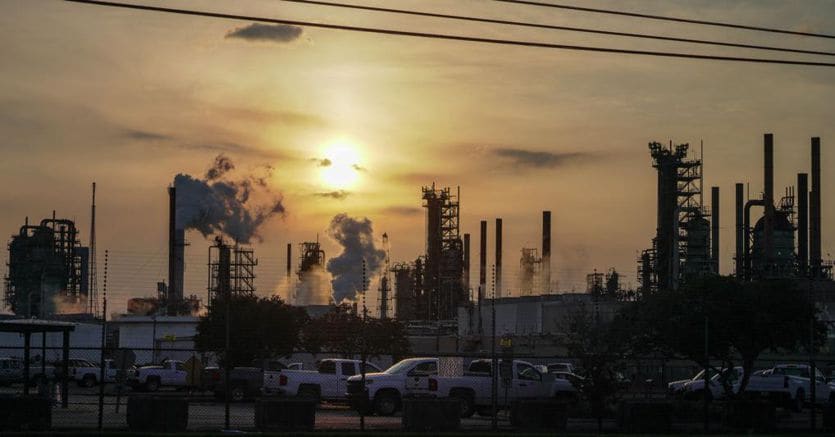Scientists have confirmed that the consequences of an average temperature increase of 2 degrees Celsius will be much worse than the consequences of a 1.5 degree Celsius increase in temperature. And they pointed out the recipe: to limit temperature rise to 1.5°C, carbon dioxide emissions must be halved by 2030 and completely eliminated by 2050.
Saudi Arabia has strongly opposed the policy indicators contained in the report, which in the past 24 hours has threatened to block their publication if all references to the climate policies of national governments and the Paris Agreement are not removed from all 616 pages of the report. The Saudi delegation was supported by the Egyptian delegation, but it faced resistance from the island states of Saint Kitts and Nevis, Grenada and Marshall, with the support of Belgium and France. The United States, after its exit from the Paris Agreement under President Donald Trump, submitted an official statement in which it made clear that it did not agree with the report.
Discount plans
Faced with this dichotomy, the IPCC’s rules require that conflicting opinions be formally recorded, but scientists have the final say, so both the Paris Agreement and the climate goals of national governments are mentioned in the report.
Since then, the report has become the bible for climate advocates, investors and politicians around the world. Most major exporters, from China to the United States, have committed to carbon-neutral targets, but as of the July 31 deadline for submitting emissions cut plans, only 110 have submitted plans to the United Nations.
Major economies, including China, India, Saudi Arabia and South Africa, have not yet met the requirements set out in the Paris Agreement. Saudi Arabia has signed the Paris Agreement and would like to be seen as a facilitator of global agreements against the climate emergency, but it remains a skeptical voice in most international forums and wants to find a solution that would allow it to continue selling its oil.

“Wannabe internet buff. Future teen idol. Hardcore zombie guru. Gamer. Avid creator. Entrepreneur. Bacon ninja.”

